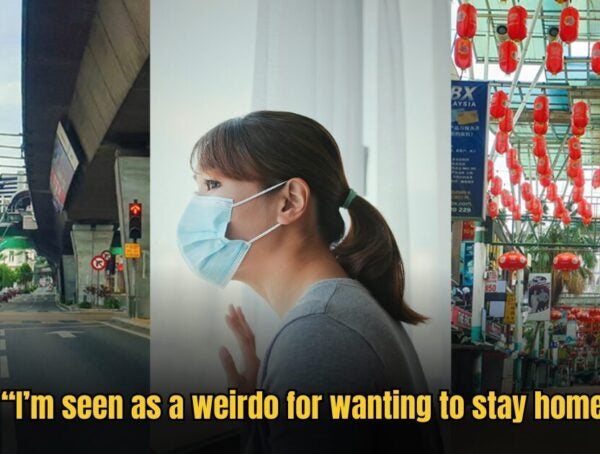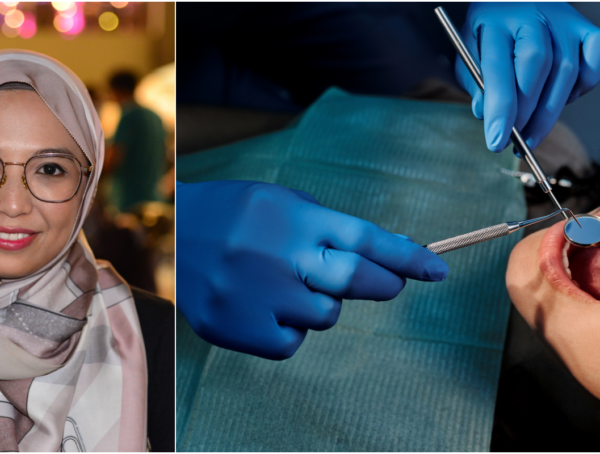Disclaimer: In Real Life is a platform for everyday people to share their experiences and voices. All articles are personal stories and do not necessarily echo In Real Life’s sentiments.

Photo: these are the crops that carles harvested with the seeds provided.
The scorching sun sears down on a lone figure in slippers as he tends his crops. A red cap casts a light shadow over his face as he slaves endlessly, tending the land that has fed his family for many years.
Carles Matin, 23, and his family belong to the Tulid community from Keningau, Sabah. Along with his wife and three kids, he lives in Mukim Tulid, a village approximately 180 km from Kota Kinabalu.
He is a farmer, as was his father, and his father’s father. The land is their rice bowl, and they depend heavily on the proceeds of these crops to feed themselves.
Every few weeks, a wholesaler travels into the village to buy his produce. Day in, day out, this is how they have survived.
But their livelihoods were hit hard by COVID-19.
When the MCO began, wholesalers could no longer travel to Mukim Tulid.
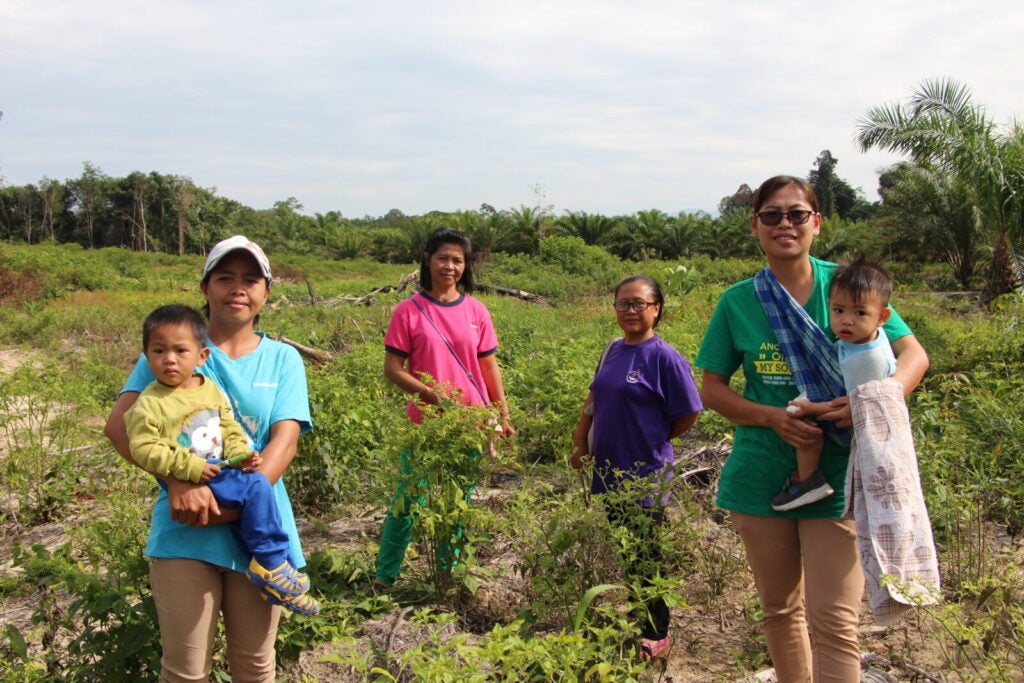
Public transportation was halted, isolating the Tulid community and especially Carles who lived in a wooden hut away from the rest of the villagers.
Their source of income cut off, coupled with lack of knowledge about Covid-19, left Carles and his family terrified and without support.
Carles and his family were not the only ones.
The rest of the Tulid community lost their income source when the wholesalers were barred from travelling. With nobody to sell their crops to, they instantly lost their livelihood.
Cash-strapped as they already were, the MCO travel restrictions prevented these communities from going to the bank or accessing government aid like Bantuan Prihatin Nasional and Bantuan Sara Hidup .
They also could not go out and buy hygiene products such as toothpaste, soap, sanitary pads, etc.
While these communities have not been infected by Covid-19, it has affected their health in other aspects.
Due to travel restrictions, they have been having trouble accessing healthcare.
Besides, with their livelihood affected, paying for private transportation to clinics for treatment and scheduled check-ups could be an uphill task.
The Tatalaan community of Nabawan, Sabah has also been affected
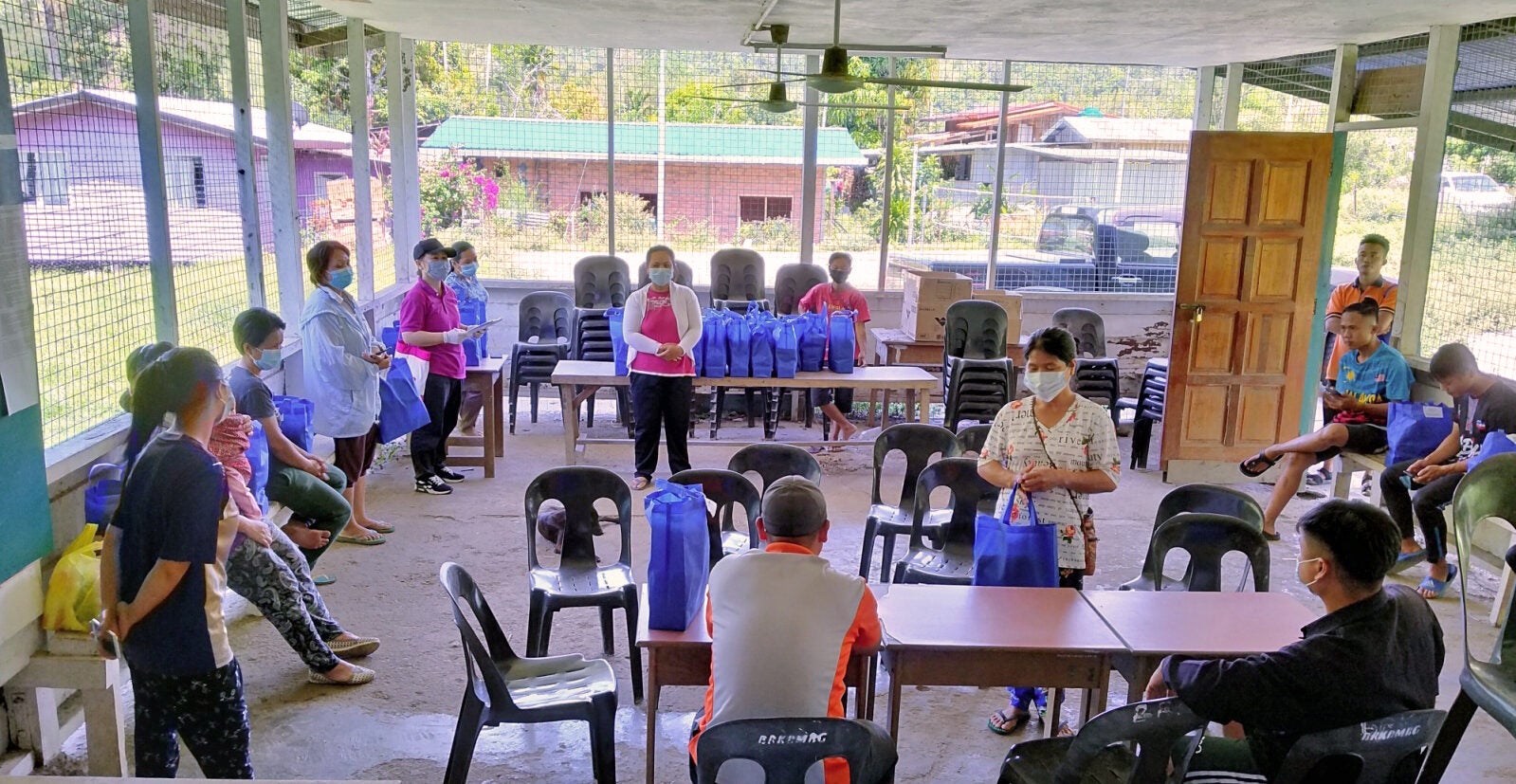
The Tulid community are Kadazandusun, whereas the Tatalaan community are Murut.
Many in Carles’ community plant rubber trees and oil palm for a living—another sector heavily impacted by COVID-19.
As they live in remote villages, they are unable to even top up their prepaid cards and are thus without internet access. So not only are they physically cut off from the outside world, they are also digitally cut off.
As a result, they cannot get updates on their postponed hospital reviews.
The children of these communities have been far from spared.
We’ve all heard of Veveonah Mosibin from Kampung Sapatalang, Pitas, in Sabah. She had to spend 24 hours on a tree for acceptable internet connection to complete her exam.
Although Veveonah comes from a different part of rural Sabah than the Tulid and Tatalaan community, they face the same problem when it comes to internet connection which is essential for remote learning.
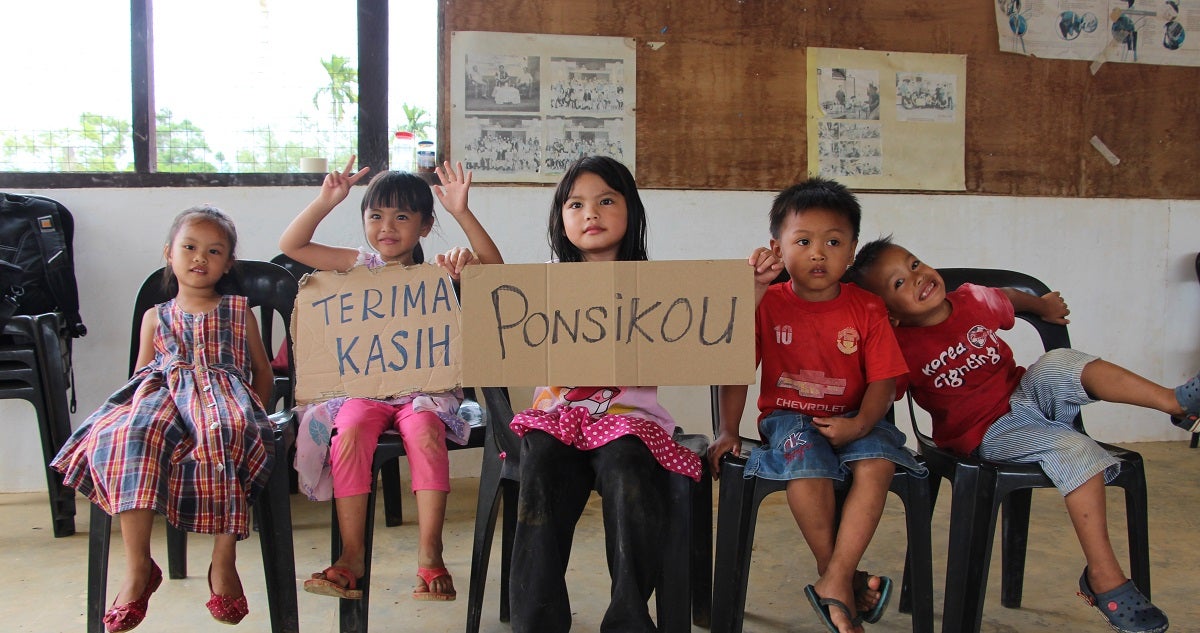
Furthermore, even though connectivity is a huge issue, here’s an even bigger one: hardware. Many children from these communities don’t have the gadgets for online education, so they miss out on school.
They miss out on classes, are unable to meet their friends, or participate in any school activities. This has caused them mental duress.
With help from an NGO, The Tulid and Tatalaan communities are growing their own crops

Since June, Carles, the rest of the Tulid people, and the Tatalaan community have utilised food aid, vegetable seeds, and hygiene kits donated by an NGO, World Vision Malaysia.
They have also started making their own fertilizer to survive this difficult time.
The communities were trained to sanitize their living spaces with soap and water.
Slowly, Carles and others like him have learned to sustain themselves. For example, they make their own fertilizer so they don’t have to depend on the outside, and the fruit of their labor has been the substance they live on.
In fact, Carles has managed to improve his agricultural production.
“By using the organic fertilizer I made myself, my vegetables are now much healthier. On top of that, I’ve reduced my cost.”
Now, they are also more informed about Covid-19 and how to manage the risks. As such, the threat is no longer the frightening bogeyman it once was.
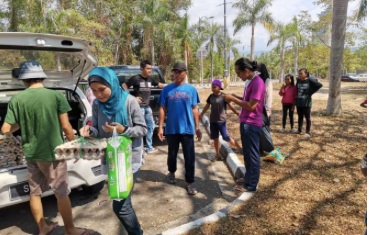
These photos were taken during the distribution of food aid in Sabah and to other underprivileged communities through World Vision Malaysia and their local partner NGOs.
World Vision has set up a Covid-19 appeal fund.
Nonetheless, these efforts take money, and World Vision depends on the goodwill of donors.
Any contribution made would go to giving the children, families, and communities in Sabah continued access to education, nutrition, healthcare, and livelihood opportunities. Contributions can be made here.
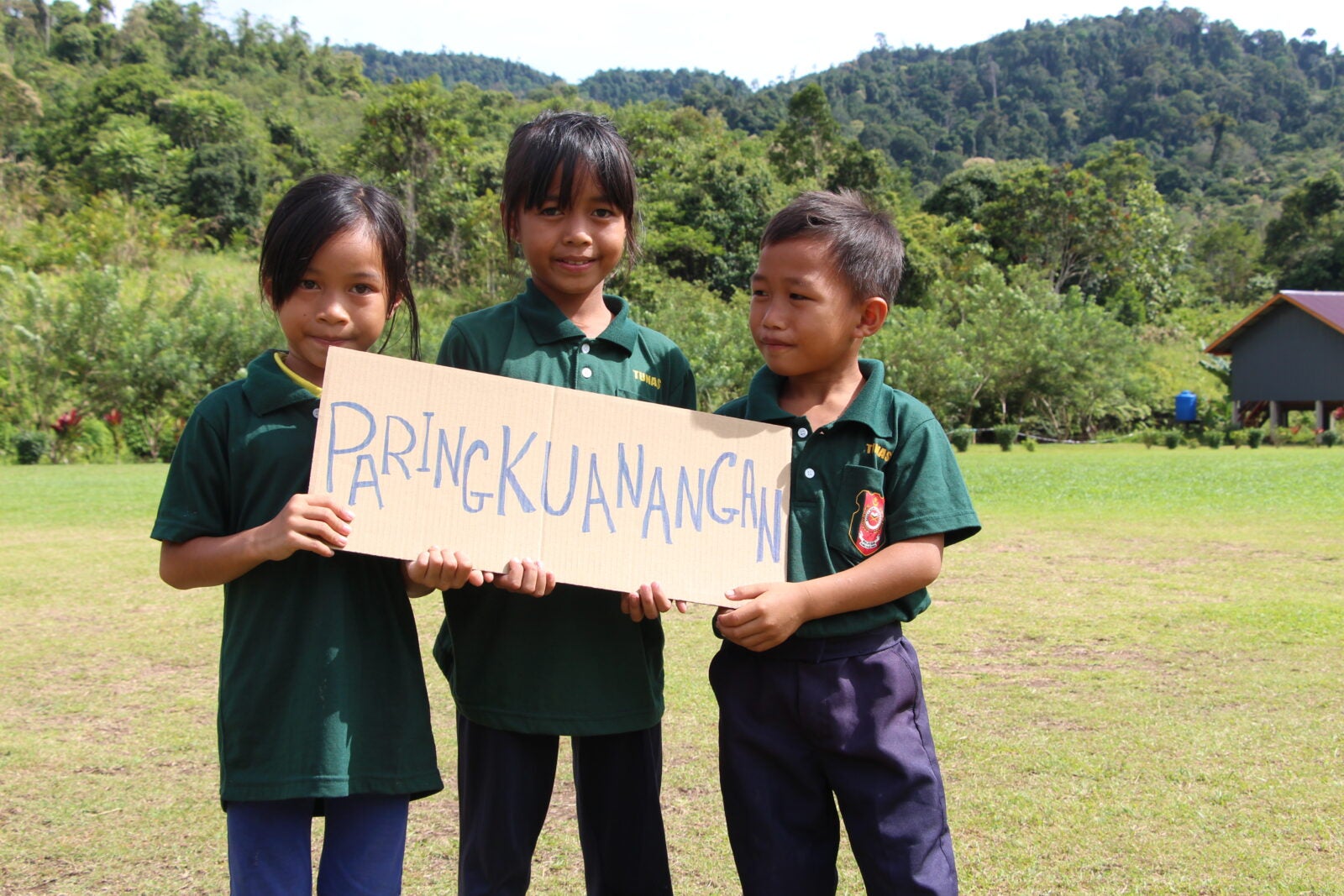
“paringkuanangan” means thank you in murut
For more stories like this, read:
5 Things Living in the Sarawak Jungle Has Taught Me About Surviving Isolation and Changing Lives with AIESEC’s Global Volunteering Program.
If you like what you read, follow us on Facebook & Instagram.
You might also like
More from Real People
‘A RM100 fee cost a company 5 years of revenue’ shares M’sian
This story is about a Malaysian who learned that bureaucracy can be defeated simply by not arguing with it.A billing …
‘I quiet-quit, upskilled, and tripled my salary,’ shares M’sian engineer
This story is about a Malaysian who learned that loyalty without leverage leads nowhere in the corporate world.After years of …
‘I did everything right, and it still wasn’t enough’ shares M’sian graduate
This story is about a Malaysian graduate navigating big dreams in a job market where a degree no longer guarantees …






